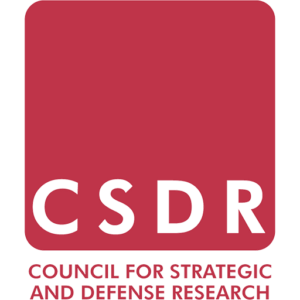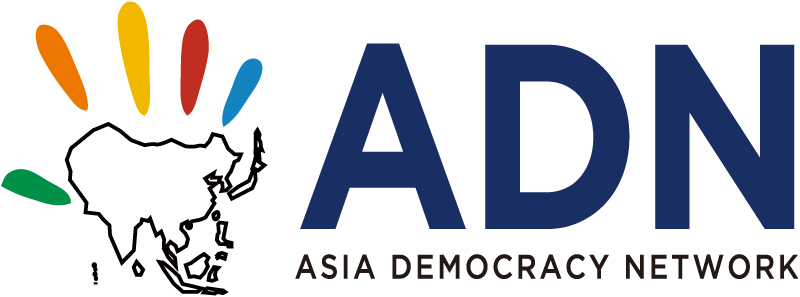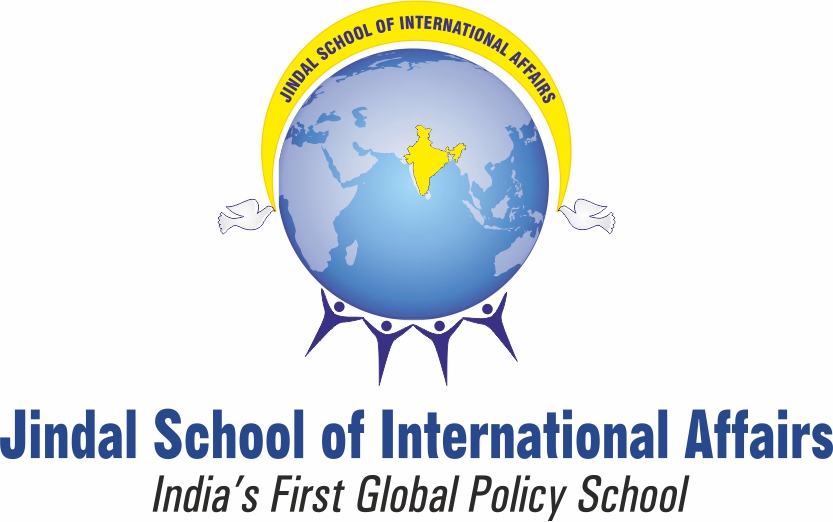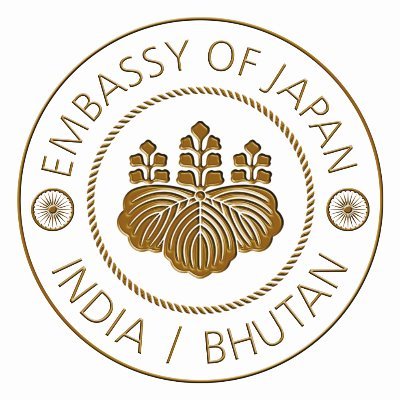UNDERSTANDING CHANGE
PREDICTING IMPACT
An innovative think tank and consultancy deeply committed to producing meaningful change. Based in New Delhi, we offer various services, including independent analysis, policy advisories, and consulting solutions to aid governments, businesses, and institutions navigate complex challenges and seize new opportunities.
programs

U.S. Studies
This Program comprehensively analyses US domestic and foreign policy dynamics and their global implications. It offers valuable insights and actionable policy
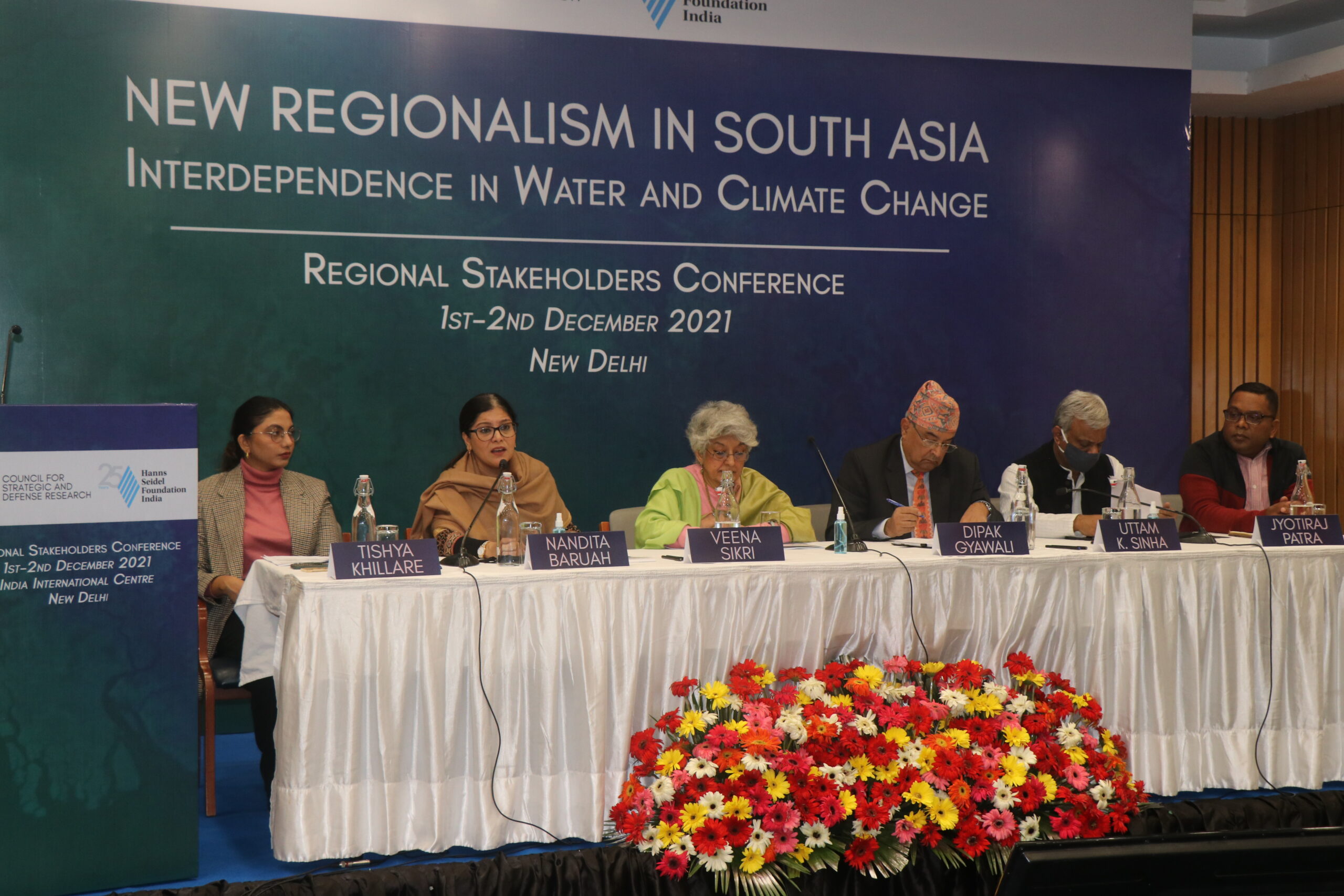
Climate Security and Diplomacy
The Climate Security and Diplomacy Program champions inclusive climate diplomacy and security, driving policy and advocacy in South
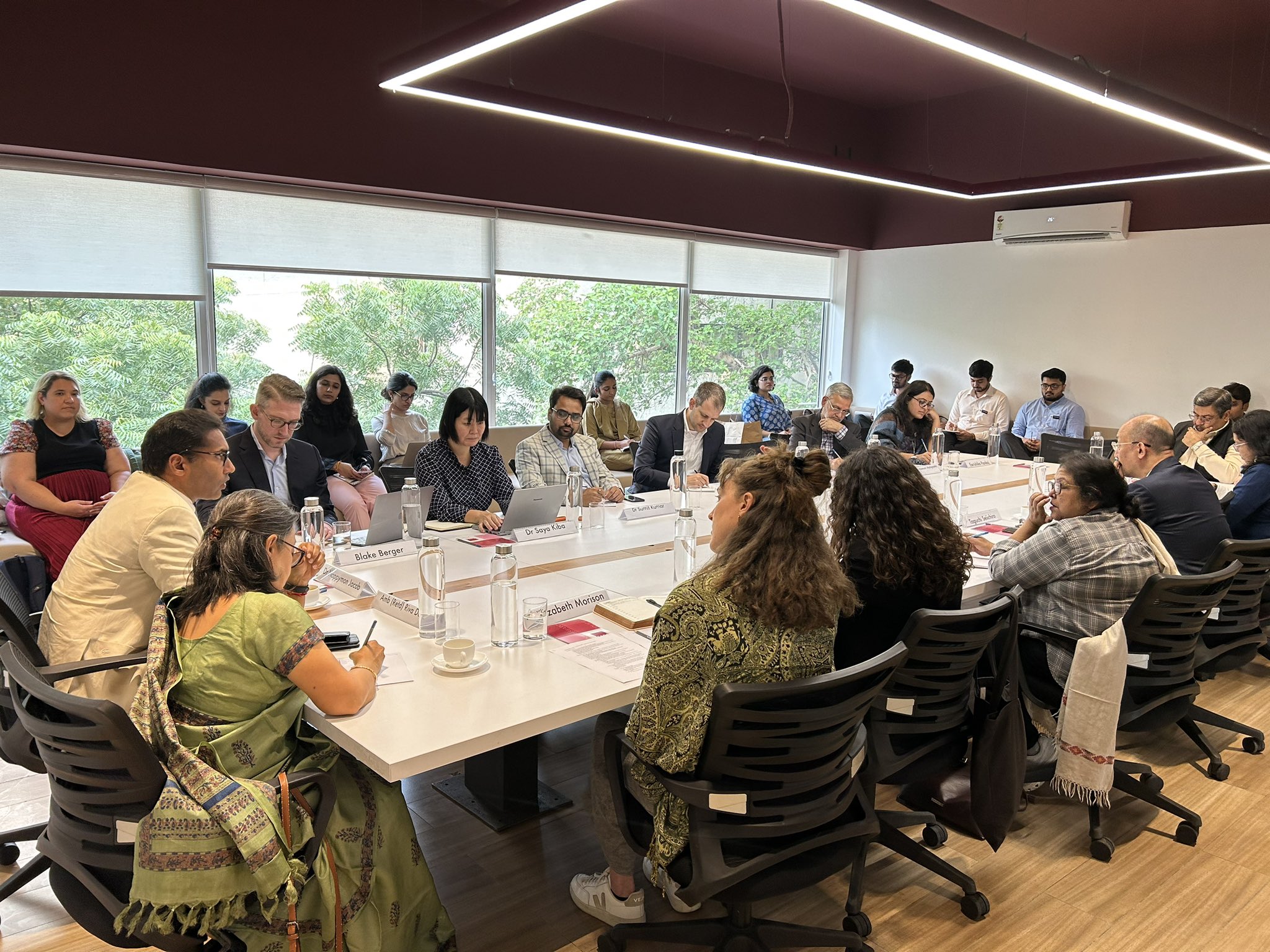
Inclusive Foreign and Security Policy
The program advocates for gender-inclusive approaches in foreign policy and security, aiming to integrate diverse perspectives for
Insights

A Closing Window of Opportunity: India’s Central Asia Policy in a new Eurasian security context
The report examines India’s opportunities and constraints

A Decade of Transitions: Indian Foreign Policy 2014-2024
This report reviews and assesses the key trends in Indian foreign policy over the

India’s SatCom Policy: Potential and Challenges
Satellite communication (SATCOM) is vital for connecting remote areas with voice, video, and internet services. India’s SATCOM journey, pivotal to its economic growth, began in
Projects

Advancing Meaningful Participation of Women in UN Peace Operations
The project aims to research the impact of caring responsibilities on the representation
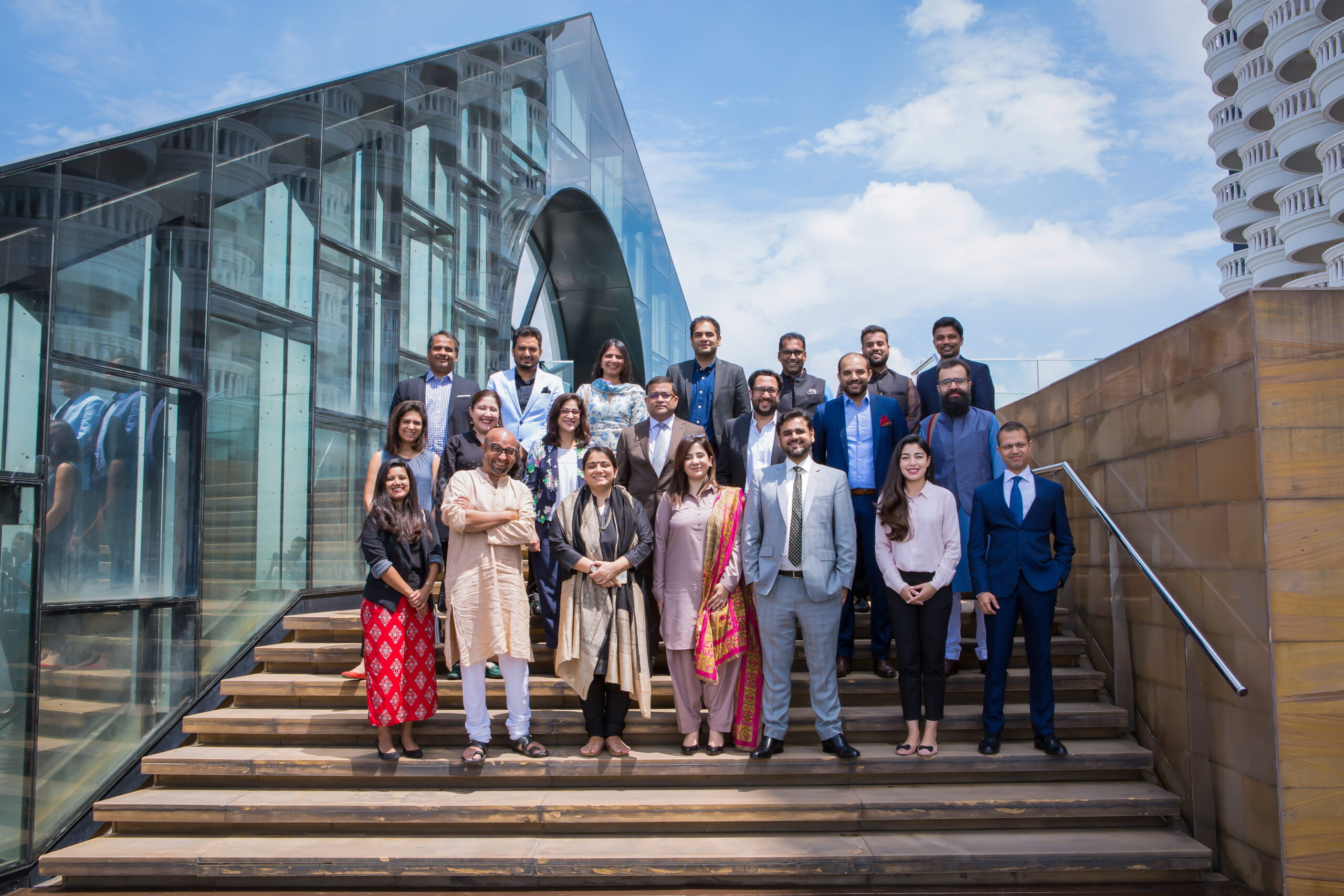
The Chao Track Experts Dialogue
The Chao Track facilitates India-Pakistan Track II dialogues, focusing on non-traditional security themes like Climate Change in

The SpeeD-IL Project: Speech Datasets and Models for Indian Languages
The SpeeD-IL project, in collaboration with UnReaL-TecE LLP and Karya Inc., aims
BLIND SPOT
Friend-Turned-Enemy’s Enemy: Pakistan-Tajikistan Cooperation Against the Taliban
While Pakistan-Tajikistan ties are old and cross-cutting in terms of areas of interest, Afghanistan has been increasingly emerging as a salient point of convergence, especially in cooperation against the Taliban. This is a relatively new and growing factor with implications for India’s interests in Afghanistan and Central Asia at large.
FIND OUT MORE >Friend-Turned-Enemy’s Enemy: Pakistan-Tajikistan Cooperation Against the Taliban
While Pakistan-Tajikistan ties are old and cross-cutting in terms of areas of interest, Afghanistan has been increasingly emerging as a salient point of convergence, especially in cooperation against the Taliban. This is a relatively new and growing factor with implications for India’s interests in Afghanistan and Central Asia at large.
FIND OUT MORE >New Delhi, India
Foreign Economic Engagement in South Asia: Opportunities and Challenges
WE ARE YOUR STRATEGIC PARTNERS
Our core values of independent research, informed advocacy, and inclusive dialogue guide everything we do. We are committed to delivering in-depth, non-partisan analysis that cuts through the noise and helps you make informed decisions.
With a team of highly competent researchers and practitioners and a focus on the Indian subcontinent, Eurasia, and the Indo-Pacific, we are uniquely positioned to help you navigate the complex challenges of this century.
